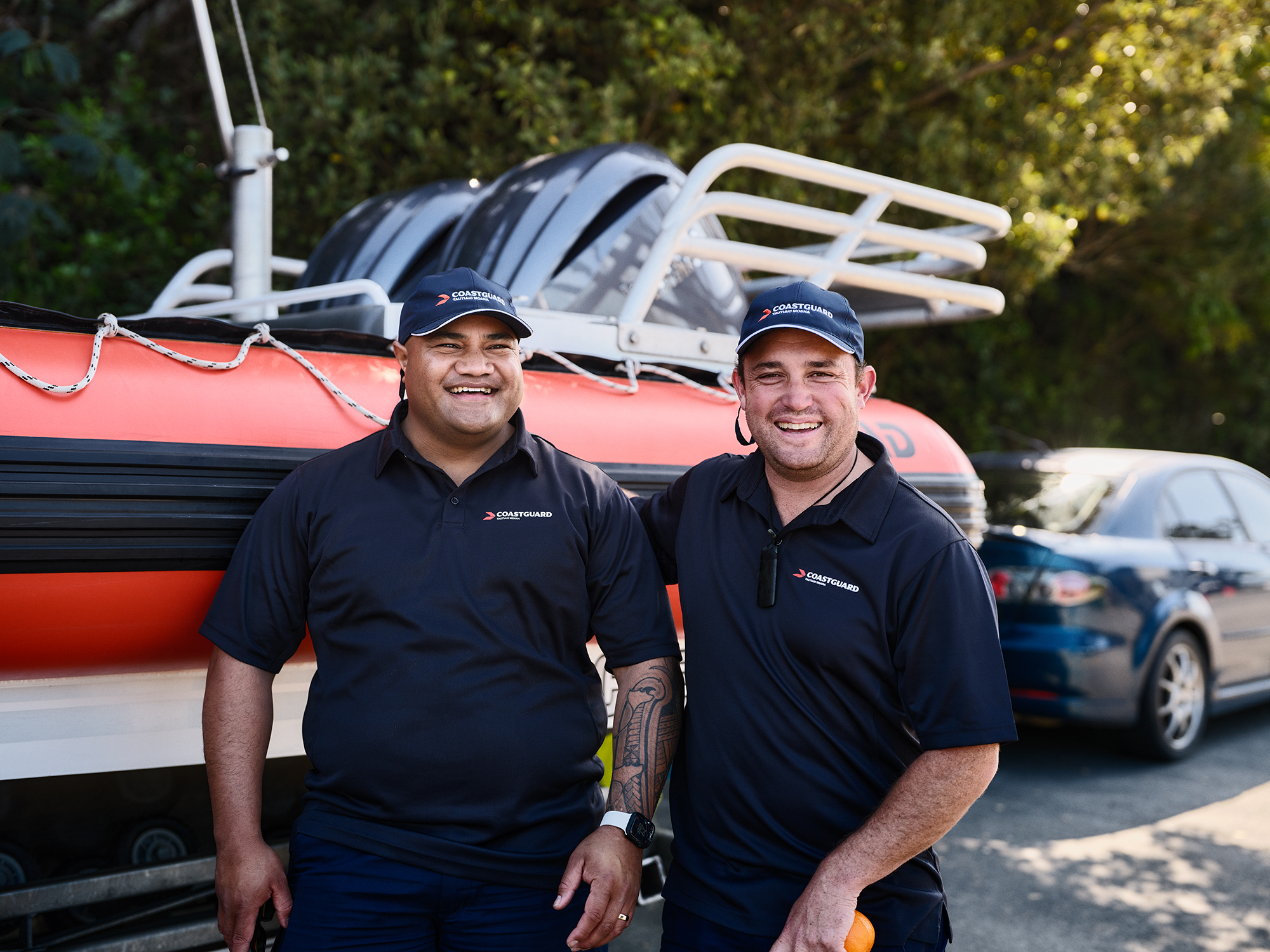And like clockwork, every year, Coastguard volunteers attend dozens of breakdowns – problems that ruin a day on the water, and often prove expensive for the poor boatie!
There's an old proverb with boats: "pay me now, or pay me later!"
A few simple steps to winterise your boat now, can save you a lot of aggravation and expense come summer.
While New Zealand’s climate is pretty forgiving all year around, and while you can take your boat to a service centre to get it sorted, you can save some hard-earned cash by doing it yourself.
Here are our top tips to prepare your boat for winter:
- Use your boat. Probably the best way to ensure your boat remains ready for summer, is to use it regularly over winter! Remember to keep an eye on the weather (the Coastguard app, available for your iPhone or Android smartphone, makes it easy) if you are headed out.
- Make sure your boat is safe. If you won’t be pulling it out of the water, ensure your boat is in a sheltered location, with ample fendering for the most severe of gales. Double up on mooring lines so that you boat remains safe, should one break or come loose.
- Look after your engine. Engines in particular don’t like inactivity, so paying attention to the engine before laying your boat up is especially important. In fact, if there’s just one thing you look at before you lay your boat up, it should be the motor!
A few specific things to check:
- Fuel. Left for any length of time, fuel can spoil through degradation or contamination (eg. from condensation in the tank). If you’ve got a full tank when you go to lay up your boat for winter, consider adding a fuel stabiliser – or, if you have less than half a tank, drain it completely before use in the summer.
- Change the oils. Now is a good time to give some love to your engine, in the form of fresh engine oil and by replacing the oil filter. Never hurts to also check the gearbox, or outdrive oil as well, if applicable. You’ll help remove contaminants that could cause issues after months of sitting around, plus you won’t have to worry about trying to sort out a service once summer rolls around.
- Flush the engine with fresh water, by connecting a hose to the flushing port.
- Look after the batteries. Where possible, make sure the batteries are kept somewhere warm and dry over the winter, on a trickle charger to keep them fully topped up (a cheap, low wattage solar cell can provide enough juice to keep your batteries topped up). Batteries left uncharged for long periods may need to be replaced completely.
- Look after the interior too. Store linen, clothing, blankets and curtains ashore, washed and dry. Avoid nasty, mouldy surprises by propping the fridge door open, to help it ventilate. The same goes for cupboards and drawers, to help avoid that nasty musty smell. RYA’s tip: get circulation into every possible nook and cranny.
- Check the hull for damage, especially if you’re removing the vessel from the water. A walk around to identify any minor damage – stress cracks, blisters or minor flaws that need attention before they turn serious – can pay dividends before you next hit the water. It’s a great time to check the nav lights and electronics are in good order too, spraying them with water-repellent silicone where needed.
- It’s a great time too, to give the underside of the boat a clean and defoul. Another tip: Make sure the boat is angled bow upwards slightly to enable rain water to run off immediately from covers, decks and cockpit.
Finally, cover up. Ensure you have tight-fitting covers for deck-installed electronics, and consider a full wrap of your boat – it’s a great way to ensure there’s no water ingress, and everything stays protected over winter.
A few short, quickly achieved steps can make sure you're safe on the water come summer, and will save yourself from ruining a fine day on the water. Remember, if the worst does happen, Coastguard's got your back with free on-water assistance* for members. Not a member yet? Join today!
*Membership terms and conditions apply.


